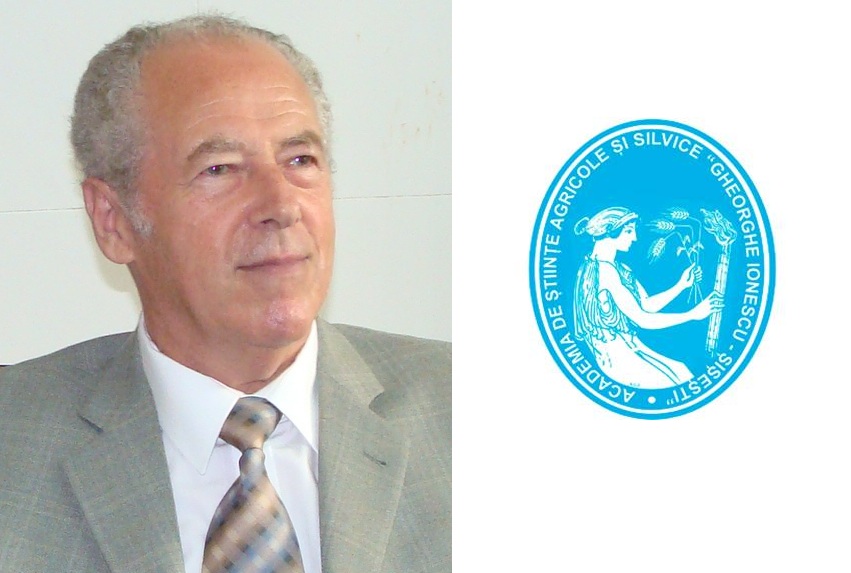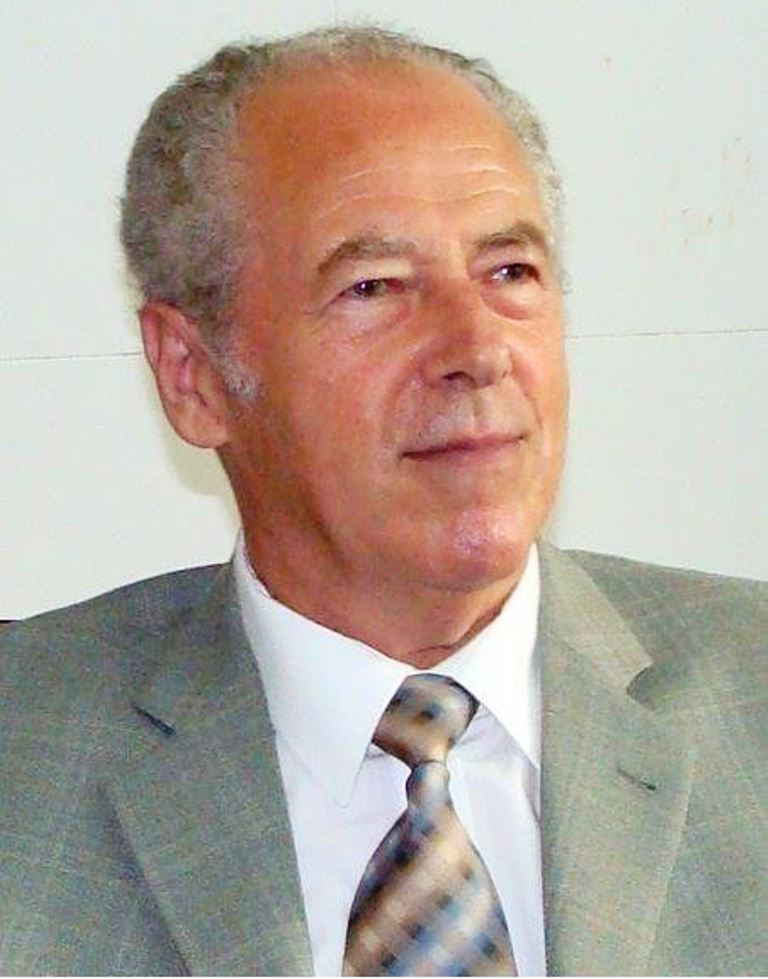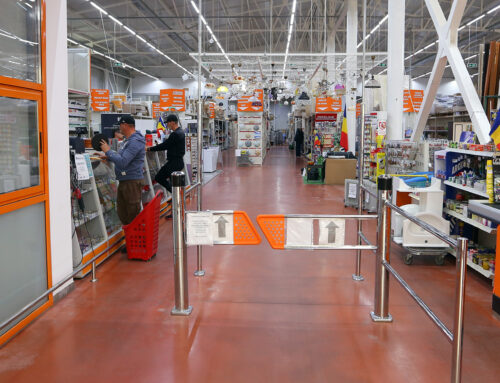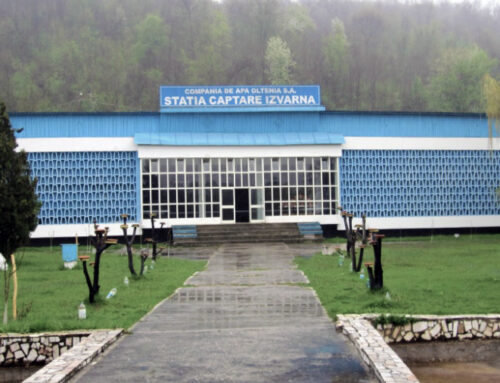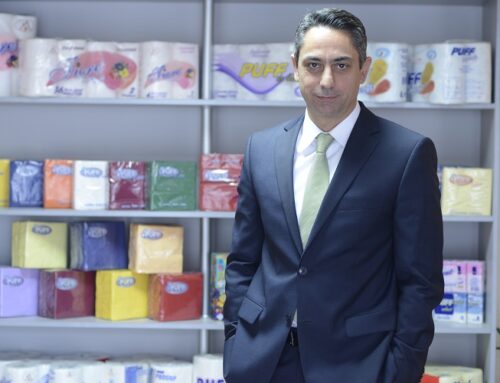The Academy of Agricultural and Forestry Sciences “Gheorghe Ionescu-Şişeşti” (AAFS) is Romania’s leading organisation devoted to R&D and education in agriculture and forestry. AAFS is an autonomous academy operating in partnership with the Ministry of Agriculture and Rural Development and the Ministry of National Education and Scientific Research.
Prof. Gheorghe Sin, President, discusses AAFS’s activities and highlights the Academy’s important role in the Romanian agriculture and in the rural area.
European Times: What is the history of AAFS?
Prof. Gheorghe Sin: The first agricultural institution in our country was founded in 1886 as the Central Agronomic Station. Along the time agricultural research was extended and developed by the new research institutions as Agronomic Research Institute of Romania (1927 with a network of experimental stations), Central Institute for Agricultural Research (1962) and the Academy of Agricultural and Forestry Sciences (1969).
As an institution of academic acknowledgement, AAFS has a maximum number of 181 full and corresponding members, 40 Romanian honorary members and also a number of foreign honorary members, who are scientific outstanding personalities, elected by secret vote.
This prestigious membership reflects international respect for AAFS and its activities. Since its beginnings, the members of the Academy of Agricultural and Forestry Sciences have been deeply involved in a wide variety of research programmes as well as in the education and training of young researchers. AAFS is a member of the Union of European Academies for Science Applied to Agriculture, Food and Environment.
At present, AAFS coordinates the activity of 18 research institutes and 42 research stations, which are located throughout the country, under different soil and climatic conditions.
European Times: What challenges is AAFS currently facing in its research activities?
Prof. Gheorghe Sin: Romania is facing challenges like the necessity to approach the global climate change, reduction of soil fertility, water shortage, food crisis etc. Unfortunately, our efforts are affected by a lack of adequate funding for research. We are experiencing a brain drain. We had more than 3,200 specialists before 1989 and fewer than 600 now. The research work became unattractive now, when the science is called to solve the above – mentioned problems. Agricultural research has some specific feature, because we are working with living organisms- plants and animals, which requires a longer period of research as the creation of new cultivars or the improvement of animal bred.
Prof. Gheorghe Sin: In spite of the many challenges, Romania’s agricultural research has been very productive, creating new varieties of crops and achieving many other advances in crop and animal technologies. AAFS research is currently carried out by around 800 graduates of whom over 500 are highly trained researchers. Our R&D units include laboratories as well as greenhouses and vegetation chambers, a lot of information concerning genetic resources and other data, long-term experimental fields and other facilities. Some researches a conducted in partnership with the Universities of Agronomic Sciences.
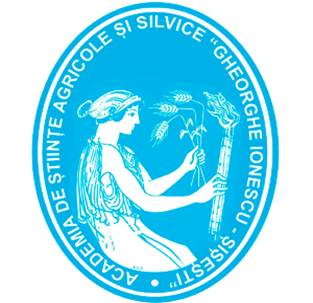
The research institutes and stations manage around 30.000 ha, used for seed production, for verifying the new technologies and demonstration. A special attention is paid to extension, for transferring the research results into practice of farmers, on different ways.
European Times: What are AAFS’s main goals?
Prof. Gheorghe Sin: AAFS is deeply committed to promoting research which enhances the performance and competitiveness of Romanian agriculture. AAFS supports R&D which contributes to the complex, harmonious and sustainable development of Romania’s agriculture, forestry and rural areas to help the country meet its targets concerning food security and food safety. Our specific goals are to develop short, medium-term and long-term strategies regarding the development of agricultural science and production, to support favourable policies for the agriculture sector and promote advanced scientific research which has practical applications in the market and contributes to Romania’s drive to create a knowledge-based society. We also aim to promote multidisciplinary research which finds solutions for current challenges, creation of varieties tolerant to drought, resistant to diseases and pests, more productive and of higher quality, solution for improving soil fertility and reducing soil erosion, increasing efficiency by the decrease of production costs, etc. AAFS is committed to encourage a variety of types of agriculture, including organic agriculture; improving the quality of Romania’s livestock and crops and boosting the competitiveness of Romanian agriculture overall. At the regional and international levels, AAFS supports the integration of Romanian agricultural research into the European Research Area, and the Academy will continue to form productive international partnerships as well as offer extension, consulting and technology-transfer services.
European Times: What is your personal message to European Times readers?
Prof. Gheorghe Sin: We hope that investment in Romanian research and development will continue under better conditions. I believe in the potential of the Romanian Researchers, in their abnegation dedicated to those who ensure our daily food.

